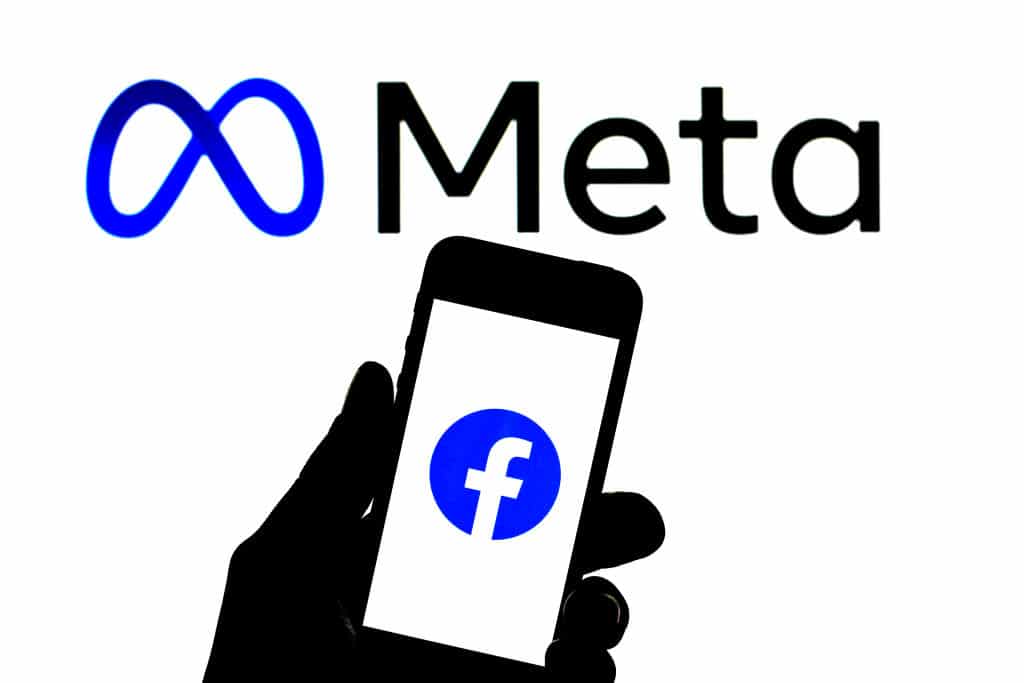Facebook’s parent company says it will no longer let advertisers buy targeted ads for users based on sensitive information such as race, political affiliation, sexual orientation, religion or health.
In one of its first major moves since rebranding as Meta, the company plans to remove options to target people based on how people reference causes, organizations or public figures. The changes—which will go into effect on January 19—will be rolled out across all of Meta’s platforms including Facebook, Instagram, Messenger and WhatsApp as well as its network of other websites and apps using Facebook’s ad-targeting tools. For example, advertisers will no longer see health-related categories for keywords such as “World Diabetes Day” and “Chemotherapy” or religion-based keywords including “Catholic Church” and “Jewish Holidays.”
In a blog post published today about the decision, Graham Mudd, Meta’s vice president of product marketing and ads, wrote that the company wants to “better match people’s evolving expectations of how advertisers may reach them on our platform.” He said the changes are based on feedback from policymakers, civil rights experts and others as a way to prevent advertisers from abusing the platform.
“It is important to note that the interest targeting options we are removing are not based on people’s physical characteristics or personal attributes, but instead on things like people’s interactions with content on our platform,” Mudd wrote. “However, we’ve heard concerns from experts that targeting options like these could be used in ways that lead to negative experiences for people in underrepresented groups.”
In a series of tweets about the decision, Roy Austin Jr., Facebook’s vice president of civil rights, said the decisions to remove ad-targeting options “wasn’t an easy decision.” He added that some advertisers expressed concern about their ability to “help generate positive societal change.” The company is also adding new tools to let users choose to see fewer ads about types of content they might not be interested in. While the company already gives people control over opting out of ads related to alcohol, parenting and politics, users will be able to also see fewer ads about gambling and weight loss beginning next year.
Loading...
Samidh Chakrabarti, who led Facebook’s civic integrity team before leaving in September, wrote on Twitter that Meta’s updates are “an important step.” However, he said the company should also agree to a third-party audit to detect potential bias in the ad delivery system.
“Modern ad networks now deliver ads so precisely that they may create more bias than ad targeting itself,” Chakrabarti wrote.
Meta’s moves comes as European lawmakers are pushing to regulate how Facebook and other tech giants collect and use data for advertising. During the annual Web Summit tech conference last week, Věra Jourová, European Commission vice president for values and transparency, said sensitive personal information shouldn’t be allowed for use in political advertising. She said users should know why they’re seeing an ad, who paid for it and which data was used to target them, adding that there should also be a way to opt out.
“As we always say in Europe, we want technologies to serve the people and not vice-versa,” she said during a press conference in Lisbon. “Big Tech has really big power, but they did not assume the responsibility.”
Meta’s decisions to remove sensitive ad-targeting tools follows another big decision by the company to shut down its facial recognition software, which has long been seen by many consumer advocates as an invasion of user privacy. The change, announced last week, will begin rolling out over the next few weeks while Facebook deletes face scans of more than a billion users. The update also will end the social network’s ability to automatically suggest tagging people in photos and also affect a tool that helps blind and visually-impaired users identify images via text descriptions.
Earlier today, Meta also released its quarterly report detailing how it enforced its policies from July through September of 2021 including detailed information about bullying and harassment on Facebook and Instagram. The company also said it will let EY conduct an external audit of its metrics in the fourth quarter.
Although Meta is making a number of changes to its own policies, U.S. lawmakers continue looking at ways to regulate the company and other tech giants. Earlier today, a bi-partisan group of lawmakers announced new legislation that would let users opt out of having companies’ algorithms serve up data-driven content.
“This commonsense legislation will increase data transparency, expand consumer privacy, and shed light on mechanisms used to power Big Tech platforms,” U.S. Rep. Burgess Owens, R-Utah, one of the bill’s co-sponsors, wrote in a tweet.
Last month, Democratic lawmakers introduced a bill that would remove liability protections when a platform “knowingly or recklessly promotes harmful content.” A third bill, introduced by U.S. Sen. Catherine Cortez Masto, D-Nevada, would change the way large companies are able to collect, use or share user data while giving additional enforcement powers to the Federal Trade Commission and state attorneys general.
By Marty Swant, Forbes Staff
Loading...
